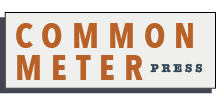Common Meter Press is an analog-first micropress from Seattle, WA.
Our books are available in bookstores (and some record stores, too!) across the U.S., including:
Popular Titles
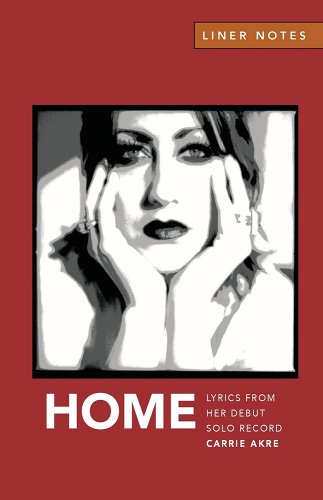
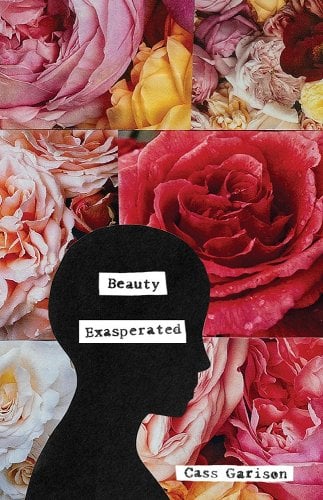
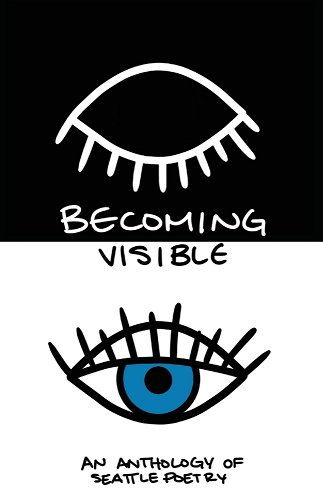
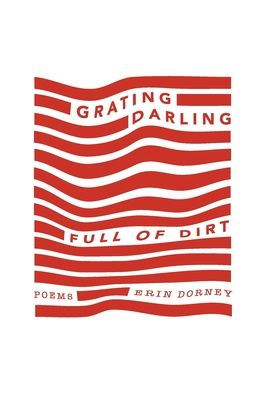
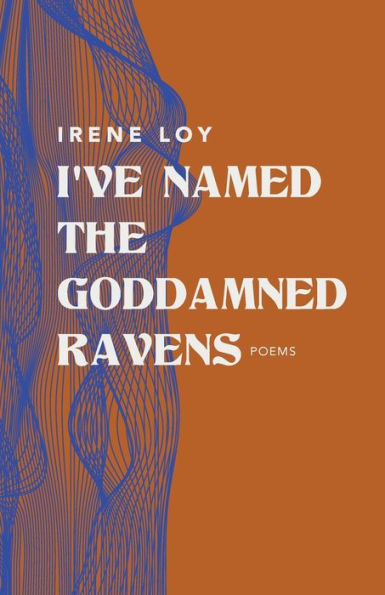
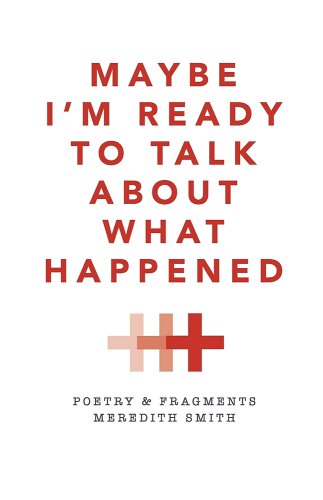
Under Construction
Please note: we are currently migrating our website. For now, please support our authors at indie retailers. We recommend buying from independent book and record stores.
If you have questions about an order from our old website, feel free to reach out to commonmeterpress@gmail.com. All remaining orders will ship on Friday, November 15.
